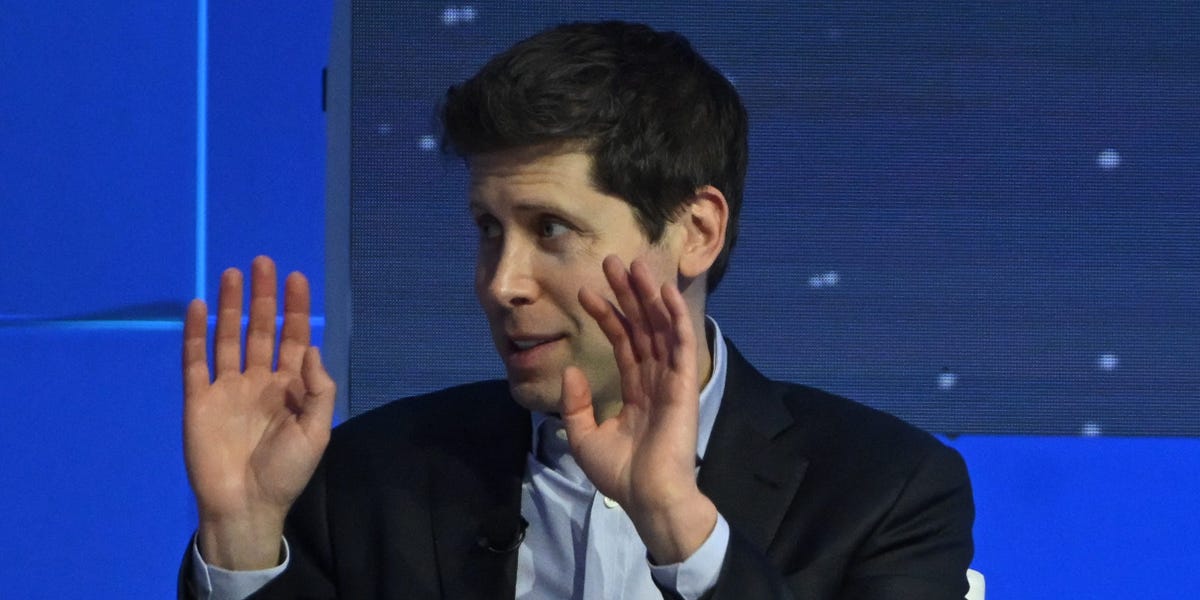OpenAI, like many tech giants before it, leaned heavily into Silicon Valley’s famous old mantra when building ChatGPT.
“Move fast and break things” was a strategy that underpinned the exponential growth of the likes of Uber, Airbnb, and Facebook. It enabled companies to get their rule-bending products out in the wild and then deal with the consequences afterward.
It appears that this very strategy has landed OpenAI into a mess of legal battles with content creators who accuse it of unlawfully using their content to train its generative AI models.
Last month, The New York Times filed a lawsuit against OpenAI and its backer, Microsoft, alleging the pair had used its journalism to improve their AI offerings.
Others, like the Authors Guild, have also argued that copyrighted works of over 8,000 fiction and non-fiction writers have been used by several AI companies without permission.
OpenAI fired back at The Times in a blog published on Monday, saying that the paper was “not telling the full story.” It suggested that …








![Nearly 700 Frozen Waffle Products Across Dozens of Brands Were Recalled Nationwide Due to Listeria [Video]](https://brandmarketingready.com/wp-content/uploads/2024/10/mp_607615_0_FrozenWafflesRecallListeriaExplainerFTBLOG1024cd2fb08385ff4b10ad666217715e22fejpg.jpg)
![The GREENIES brand gives a voice to dogs [Video]](https://brandmarketingready.com/wp-content/uploads/2024/10/mp_607603_0_09ImageNeptunejpg.jpg)

![U.S. election impact on markets is hard to understand, says strategist [Video]](https://brandmarketingready.com/wp-content/uploads/2024/10/mp_607576_0_10805079317295819511729581948367786077511080pnbcnewsjpg.jpg)
